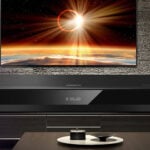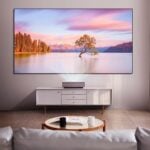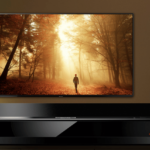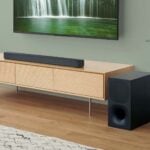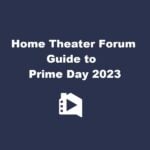Beau B
Stunt Coordinator
- Joined
- Nov 5, 2001
- Messages
- 147
Hello to all.
I was just curious if these Monster Home Theater Surge Protectors are worth getting?
They range in price from $30 to $400
What do they do and will I notice the difference and where?
I just have a couple of cheap ones at the moment.
My setup is: Panasonic 47WX53, H/K AVR 520, Hughes Tivo2, Pioneer 563A.
If I need to get one, what is a good amount to spend and what to look for on it?
Thanks, Beau
I was just curious if these Monster Home Theater Surge Protectors are worth getting?
They range in price from $30 to $400
What do they do and will I notice the difference and where?
I just have a couple of cheap ones at the moment.
My setup is: Panasonic 47WX53, H/K AVR 520, Hughes Tivo2, Pioneer 563A.
If I need to get one, what is a good amount to spend and what to look for on it?
Thanks, Beau

